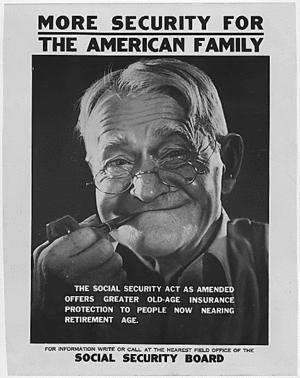 Image by thinkpanama via Flickr
Image by thinkpanama via Flickr
Financial
IQ Philippines Quick Hit(s):
An example that we have to perform
due diligence on real estate. Similar to paper assets, real estate prices can go up or down.
Three years after purchasing our home in the spring of 2008, my wife now sees the light and finds the idea of home ownership as repugnant as I always have. Due to a multitude of reasons and factors, we decided to put our home on the market. It's now been over a year and we've yet to sell, but when we do, we stand to lose a boatload of money. As hard as it is to believe at times, and while the two often correlate, sometimes happiness really is more important than money.
With continued real estate market issues, we now have our home listed at $249,000, a full $45,000 under our purchase price. Now you might be asking yourself why we don't just take it off the market and wait out this rough patch. It's a good question, one that I have asked myself a multitude of times, and one that's hard to answer without a person being in our situation. Let's just say that being closer to my ailing mother in Washington, our happiness, and the opportunity to be out from under what to us is a heavy burden, is worth the loss, be it a big one. So get ready for the numbers.
Even if we sell our home for the full asking price, which I don't count on happening in this market, it will be well under the price we paid three years ago.
- Loss of $45,000 on price of home
- 5% Realtor's commission on $249,000 is $12,450
- 3% closing costs on $249,000 is $7,470
- Total losses on the sale of the home at its current price would be just under $65,000.
This doesn't even factor in the increased costs of owning a home as compared with the apartment we were renting for $780 a month with free heat, water and trash. Things like annual property taxes, homeowner's insurance, increased utilities, repairs and maintenance, interest on our mortgage, and similar costs add additional tens of thousands of dollars to our losses, unless you want to consider them costs of the opportunity to live in a house.
http://finance.yahoo.com/news/First-Person-Losing-Big-65-ac-2690070448.html?x=0
 Image via Wikipedia
Image via Wikipedia














